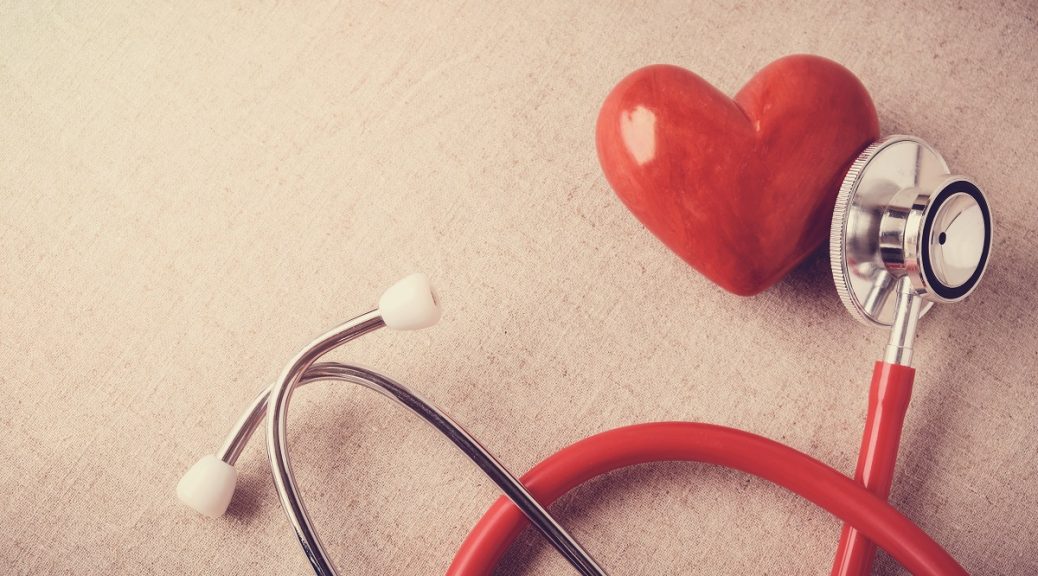
Lower your Cholesterol
Cholesterol is a waxy substance found in your blood and although it is often associated with being bad or unhealthy, it is actually needed for many bodily functions and to build healthy cells.
Nutritionist Dr. Marilyn Glenville explains: “Your body needs cholesterol, that’s why it produces it. Your liver actually produces 80 percent of the cholesterol in your body, only 20 percent comes from your food. Cholesterol is present in all your cell membranes; your body uses it to make sex hormones (like oestrogen) and stress hormones (like cortisol) and also needs cholesterol for the manufacture of bile and vitamin D. Your brain needs cholesterol; it is crucial for it to function properly. Cholesterol has got itself a bad name but it is essential for life.”
However, cholesterol can become problematic if there is an imbalance, in which levels of ‘good’ HDL cholesterol are reduced and ‘bad’ LDL cholesterol are raised. Over time, this can lead to a build up of cholesterol in the walls of your arteries – known as ‘hardening’ of the arteries – which means that they become narrowed and blood flow is slowed or blocked.
Glenville comments: “The interesting thing about cholesterol is that it can’t travel around your body on its own. In order to get to your cells, it is carried in your blood by combining with a protein, called a lipoprotein (lipo stands for fat). It is the LDL (low density lipoprotein, often called ‘bad’ cholesterol) that carries the cholesterol to our cells and then it is removed and taken back to the liver by HDL (high density lipoprotein, ‘good’ cholesterol). If you have too much LDL and not enough HDL then the cholesterol can be deposited on inflamed artery walls causing furring of the arteries which can lead to blocked arteries.”
Change in diet
Adopting a healthy lifestyle, including eating a cholesterol-lowering diet and exercising regularly, can help minimise the level of cholesterol in your blood.
In terms of diet, Glenville advises: “Lowering your cholesterol levels via dietary means is not simply a matter of cutting out the cholesterol containing foods. In fact, many studies have been carried out to show that eating a diet containing moderate amounts of cholesterol is not associated with an increased risk of heart disease.
“The main dietary factors to consider in helping to lower cholesterol include the introduction of foods that will help to:
- Alter the type of cholesterol you have by increasing the HDL form. Do this by increasing exercise and reducing stress and introducing foods such as garlic, soya and the good essential fatty acids.
- Remove excess cholesterol from the body by supporting the liver and improving digestion by increasing the amount of soluble fibre that you eat.
- Remove foods that may interfere with the regulation of cholesterol synthesis which includes alcohol, caffeine and refined sugars.
“Cholesterol in its own right is not dangerous; it is when it has been damaged by free oxidising radicals that problems occur. Free oxidising radicals are natural by-products of energy production but these molecules can be neutralised by the presence of antioxidant nutrients such as vitamin A, vitamin E and vitamin C. It is therefore very important to make sure you include fresh fruits and vegetables into your daily diet or consider taking a good antioxidant supplement.”
Targeted support
There are a number of supplements which can help you to achieve healthier cholesterol levels. Nutritionist Cassandra Barns recommends a red yeast rice supplement: “Red yeast rice is a natural substance created by fermenting red rice with a type of yeast called monascus purpureus. The fermentation process produces a substance called monacolin K, which has been found to help maintain healthy cholesterol levels. It may help lower both total and LDL (‘bad’) cholesterol. Red yeast rice supplements are a popular choice among those who are trying to lower their cholesterol in a more natural way than via medication.”
Plant sterols are the plant version of cholesterol and have a similar chemical structure. They block the absorption of cholesterol within the intestines and studies indicate that a plant sterol supplement can lower cholesterol levels by around 15 percent. A daily intake of 2g has been show to reduce total cholesterol and LDL cholesterol, without affecting HDL cholesterol or triglycerides.
Co-enzyme Q10 is a vitamin-like substance that plays a key role in the biochemical process supplying all cells with energy, and an adequate supply of CoQ10 is particularly important for the normal functioning of tissues with a high energy requirement such as the heart. In addition to its role in energy product, CoQ10 has been shown to have a number of other important functions, one of which is reducing the body’s production of LDL cholesterol. Experts recommend a dose of 100mg a day.
Another useful supplement is garlic. Garlic has many benefits for the cardiovascular system and one of its compounds, allicin, is thought to be responsible for the positive effect it has on cholesterol levels. High levels of allicin are known to reduce total and LDL cholesterol levels.